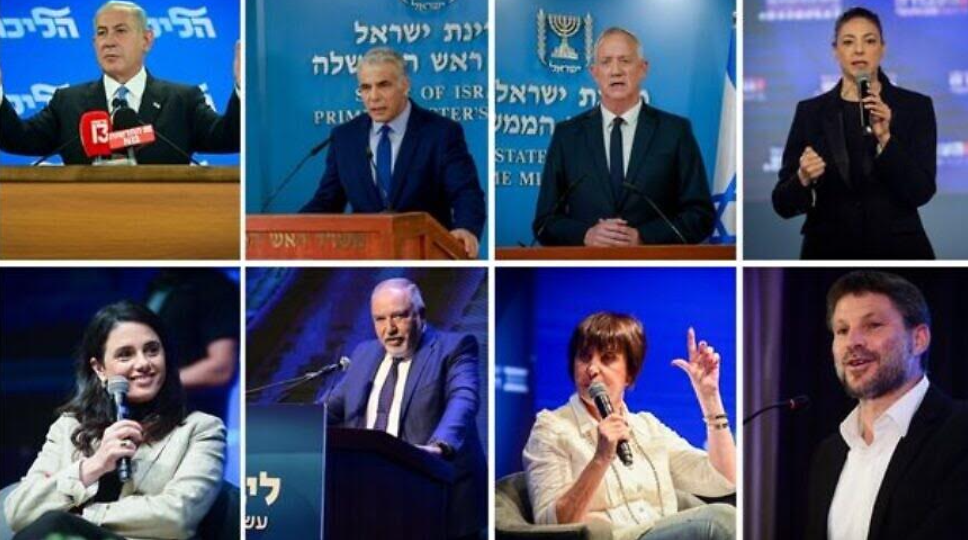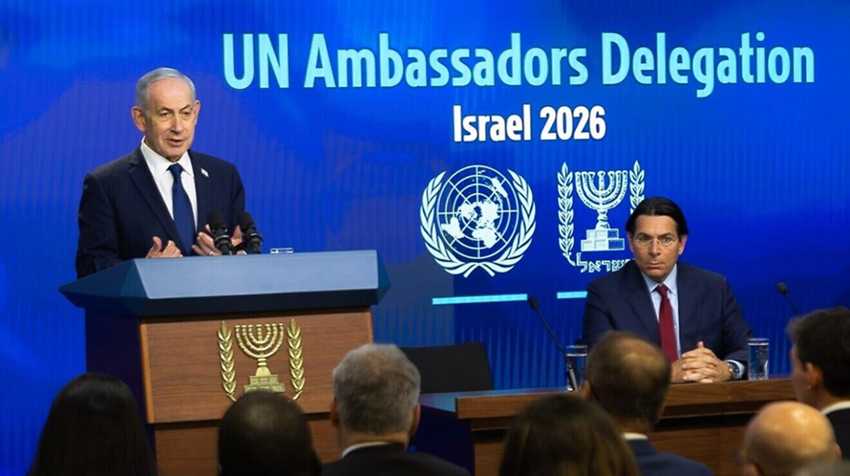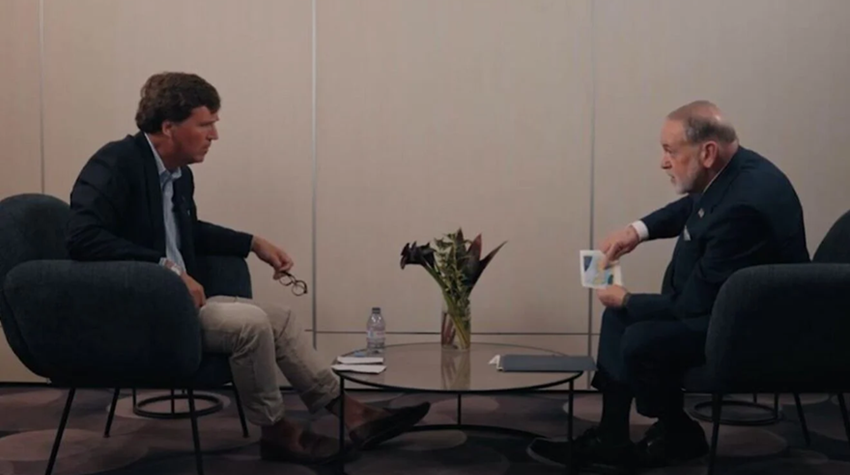By David Isaac
1. Benjamin Netanyahu – Likud
The most recent polls suggest that this time he will have enough Knesset seats to form a government. Even his enemies acknowledge his political gifts and strong grasp of economics. He is credited with transforming Israel’s heavily regulated economy into a capitalist, high-tech powerhouse.
2. Yair Lapid – Yesh Atid Party
Lapid was a well-known talk show host. After Yair Lapid entered politics in 2012, his party, Yesh Atid (“There is a Future”) won 19 seats to become the second-largest party in the Knesset. He and his party have shown staying power and he rose to become prime minister this July, taking over from Naftali Bennett under the terms of a power-sharing agreement.
3. Bezalel Smotrich – Religious Zionism Party
An Orthodox Jew raised in the community of Beit El in the Binyamin region of Samaria, Bezalel Smotrich began as an agitator and activist, protesting against the disengagement of the Gaza Strip in 2005 (for which he was arrested) and co-founding Regavim, an NGO that focuses on issues related to illegal Arab land grabs. Following the April 2019 election, Netanyahu appointed Smotrich minister of transportation. He proved an able minister despite having no experience in the field.
4. Benny Gantz – National Unity Party
Former IDF Chief of Staff. In February 2019, he joined Yair Lapid’s Yesh Atid Party and Moshe Ya’alon’s Telem Party to form a faction called Blue and White with himself at its head. Blue and White tied with Prime Minister Benjamin Netanyahu’s Likud Party at 35 seats.
5. Aryeh Deri – Shas
Shas is mainly concerned with ensuring funding for its community’s institutions. Leader of the Orthodox Sephardic Shas Party, Deri is a survivor. He has been on the Israeli political scene closing on 35 years, and has assumed important ministerial roles. Deri began his political career in 1988 as interior minister under the Likud’s Yitzhak Shamir. Only 29, he was the youngest government minister in Israel’s history. He continued in that role into the Yitzhak Rabin-led Labor government, serving until 1993. Later he was interior minister between 2016 and 2021.
6. Moshe Gafni – United Torah Judaism
Like Shas, UTJ’s main concern is to ensure government funding for its institutions. Leader of the Orthodox Ashkenazi United Torah Judaism Party, Gafni has an uneasy relationship with the state due to Israel’s secular nature. When Israel’s Supreme Court passed a ruling in 2006 favorable to same-sex marriages, Gafni said, “We don’t have a Jewish state here. We have Sodom and Gomorrah here.” Together with Shas comprising a bloc of roughly 15 seats, UTJ and Shas have provided reliable support for Benjamin Netanyahu in return for funding their institutions.
7. Avigdor Liberman – Yisrael Beitenu
Once a staunch ally of Netanyahu, as director-general of the Likud Party (1993-96) Avigdor Liberman helped him win his first bid for the premiership. Even after breaking from Likud in 1997 and forming his Yisrael Beiteinu Party two years later, Liberman remained a reliable partner of every Netanyahu-led coalition government. However, the alliance became increasingly rocky, and in 2018 Liberman abandoned the government over a ceasefire with Hamas in the Gaza Strip and the decision to allow Qatari money into Gaza.
8. Merav Michaeli – Labor
Merav Michaeli, a former TV anchor and radio broadcaster, is known for her radical feminist views and support for women’s issues. She once gave a TEDx Talk titled “Cancel Marriage,” in which she called for the dissolution of the institution, which she argued began “when man started wanting his name and property to remain after him.”
9. Zehava Gal-On – Meretz
Zehava Gal-On, who had retired in 2017 as head of the Meretz Party, returned this year to revive its electoral hopes. She was active in promoting women’s rights in the Knesset. Meretz is the most left-wing party to define itself as Zionist. However, the party’s Zionist identity became an issue in the run-up to its recent leadership primary. “We have Zionists; I am a Zionist, but we also have Arabs, and I will not force them to define themselves as Zionists. Therefore, we are an Israeli party, and we see ourselves as partners with anyone who believes that Israel should be a democratic state,” she said.
10. Mansour Abbas – Ra’am
In June 2021, Mansour Abbas, breaking away from the Joint List, a coalition of Arab parties, led his United Arab List, or Ra’am Party, into Israel’s governing coalition, the first time an independent Arab party had joined an Israeli government.
Source: JNS


































